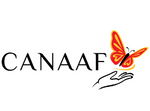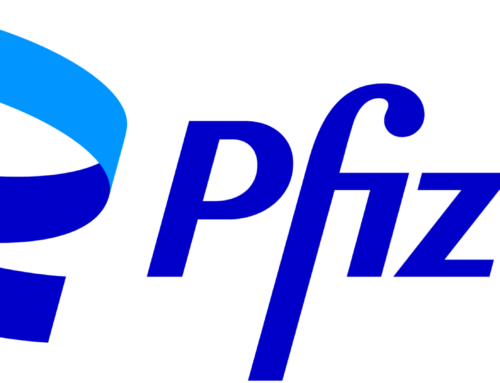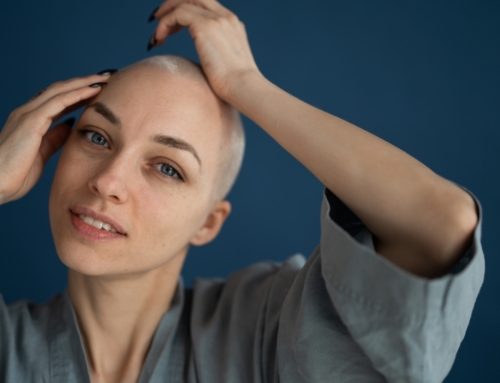A New Canadian Research Study Explores the Question
Research Study: Dr. Jennifer Salsberg and Dr. Jeff Donovan. The Safety and Efficacy of Diphencyprone for the Treatment of Alopecia Areata in Children. Published in: Archives of Dermatology 2012; 148: 1084-5.
Diphencyprone or “DPCP” is frequently prescribed for individuals with alopecia areata who develop more extensive amounts of hair loss or for individuals who aren’t improving with steroid injection treatments. DPCP is a liquid and is applied to the scalp weekly, usually in a dermatology clinic setting. It causes a mild allergic reaction in the scalp skin, which in turn promotes hair regrowth in some individuals. In adults, DPCP treatment promotes hair regrowth in approximately 30-50 % of individuals.
One question that has not been thoroughly explored is whether DPCP is effective for children with alopecia areata. In fact, the use of DPCP in children has been the focus of only a handful of research studies. One previous research study of 26 children indicated that DPCP helped with hair regrowth in 35% of patients. A second study of 12 patients indicated hair re-growth in 67% of patients. These studies however were very small so it has been difficult to know just how well DPCP works in children.
A New Canadian Study of DPCP in Children
In our Hair Clinic at the University of Toronto, we recently studied how helpful DPCP is in children and published our research findings in the journal Archives of Dermatology. We looked back through the medical charts of 108 children who received DPCP in the past 10 years. Most children had tried other treatments, such as steroids or minoxidil, prior to starting DPCP. However, none of those treatments were helpful and so DPCP was started.
Overall, our research data showed that about one-third of children benefitted from DPCP treatment. 25 % of children had a partial improvement and 10 % had full regrowth.
Conclusion
Our study is one of the largest research studies looking at the use of DPCP treatments for children. It is an important study because it provides us valuable information that we can share with parents who bring their children to the DPCP clinic. Overall, DPCP will help about 1 out of every 3 children who go through treatment. However, only 1 out of every 10 children will experience full regrowth with treatment. Right now, it’s not possible to predict which children will benefit from DPCP and who will not. Certainly, more research is needed to understand how to make DPCP even more effective for children.
– Dr. Jeff Donovan
Other References of Interest
1. Schuttelaar ML, Hamstra JJ, Plinck EP, et al. Alopecia areata in children: treatment with diphencyprone. Br J Dermatol. 1996;135(4):581-585.
2. Hull SM, Pepall L, Cunliffe WJ. Alopecia areata in children: response to treatment with diphencyprone. Br J Dermatol. 1991;125(2):164-168.
3. Mukherjee N, Burkhart CN, Morrell DS. Treatment of alopecia areata in children. Pediatr Ann. 2009;38(7):388-395.





